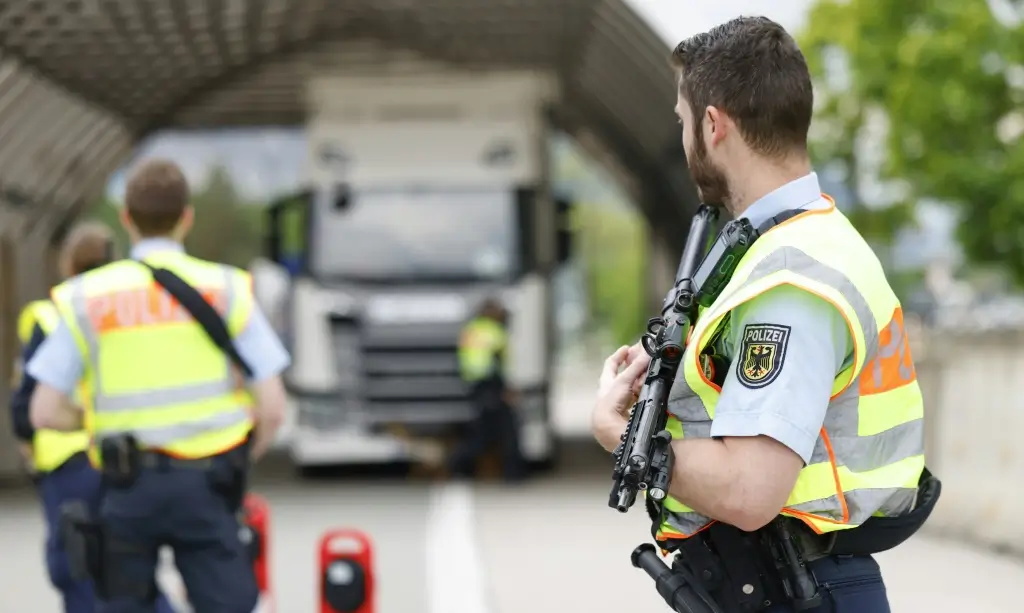
Three months after the implementation of stricter border controls in Germany, the Police Union (GdP) continues to express serious concerns about the heavy burden placed on federal police officers. Andreas Roßkopf, the GdP chairman responsible for the federal police, told AFP on Wednesday that the strain on officers remains “very high.” He added that many police stations have had to adjust their duty rosters and are significantly reducing training and further education opportunities. Additionally, time-off to reduce overtime is being granted very restrictively.
Since the tightened controls began, the Federal Ministry of the Interior reports that 14,000 federal police officers have been deployed at borders, up from 11,000 previously. Critics had warned that this increase might leave personnel shortages at airports and train stations.
According to the GdP, staffing levels at airports and stations are “almost identical” compared to last year. “But of course, support forces from the riot police and mobile units are missing here,” Roßkopf told AFP. “With regard to the upcoming football leagues and the high volume of fan arrivals and departures in the rail sector, these support forces are urgently needed,” the union official warned. For several years, around 4,000 officers have been missing at more than 5,700 train stations and stops.
Roßkopf predicts staffing gaps as a consequence. “Given the rising crime at train stations and the increasing readiness for violence among traveling football fans, this is quite worrying from our point of view,” emphasized the GdP chairman. The stricter border controls and asylum seeker rejections were ordered by Interior Minister Alexander Dobrindt (CSU) shortly after taking office in early May.